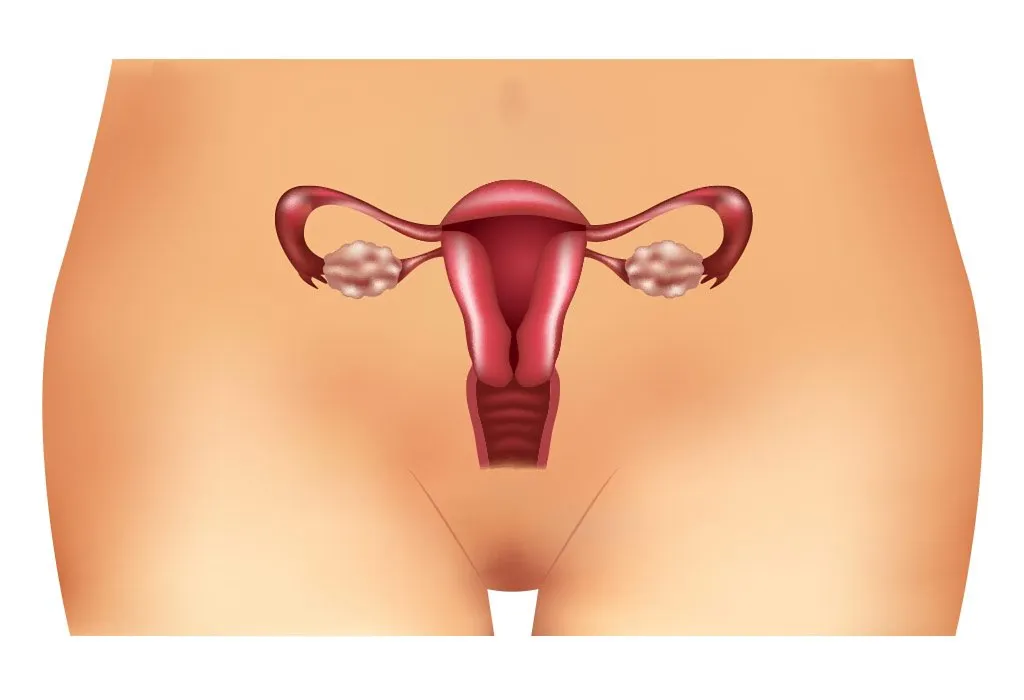What is Polycystic Ovarian Syndrome (PCOS)?
Polycystic Ovarian Syndrome (PCOS) is a common hormonal disorder affecting millions of women in India, especially those in their reproductive years. It occurs due to an imbalance of reproductive hormones, leading to irregular menstrual cycles, excessive hair growth, weight gain, and in some cases, infertility. PCOS can also increase the risk of diabetes, heart disease, and other metabolic disorders if left unmanaged.
How Common is PCOS in India?
Recent studies suggest that nearly 1 in 5 women in India suffer from PCOS, making it a growing health concern. The prevalence is higher in urban areas due to sedentary lifestyles, unhealthy eating habits, and rising stress levels.
How PCOS Affects Pregnancy
Women with PCOS often face difficulties in conceiving due to irregular ovulation or poor egg quality. The hormonal imbalance disrupts normal ovulation, making natural conception challenging. However, getting pregnant with PCOS is possible with proper medical guidance and lifestyle changes.
Risks of PCOS During Pregnancy
Pregnant women with PCOS need close monitoring as they have a higher risk of:
- Miscarriage: Women with PCOS are three times more likely to miscarry.
- Gestational Diabetes: Due to insulin resistance, PCOS increases the risk of diabetes during pregnancy.
- Premature Birth: Some PCOS pregnancies result in preterm labor.
- C-Section: A higher chance of complications may require a cesarean delivery.
Symptoms of PCOS
Many Indian women go undiagnosed due to a lack of awareness. Here are some key symptoms:
- Irregular periods or complete absence of periods.
- Unwanted hair growth (hirsutism) on the face, chest, or back.
- Weight gain or difficulty losing weight.
- Thinning hair or male-pattern baldness.
- Acne and oily skin.
- Dark skin patches around the neck, armpits, or groin.
- Mood swings and depression.
Causes of PCOS
While the exact cause is unknown, several factors contribute to PCOS:
- Genetics: If your mother or sister has PCOS, you are more likely to have it.
- Insulin Resistance: High insulin levels can trigger excess androgen production, causing PCOS symptoms.
- Lifestyle Factors: Poor diet, lack of exercise, and high stress contribute to hormonal imbalances.
How is PCOS Diagnosed?
PCOS diagnosis typically involves:
- Blood Tests: To check hormone levels, blood sugar, and cholesterol.
- Ultrasound: To detect multiple small cysts on the ovaries.
- Physical Examination: Checking for excessive hair growth, acne, and weight changes.
Treatment and Management of PCOS
PCOS is a lifelong condition but can be managed with the right approach:
1. Lifestyle Changes
- Exercise Regularly: Yoga, brisk walking, and strength training help regulate hormones.
- Healthy Diet: Include whole grains, fruits, vegetables, and lean proteins. Avoid junk food and sugary drinks.
- Weight Management: Losing just 5-10% of body weight can restore ovulation.
- Stress Reduction: Meditation, deep breathing, and good sleep can reduce stress-related hormonal imbalances.
2. Medications
- Birth Control Pills: Regulate periods and reduce excess androgen.
- Metformin: Improves insulin sensitivity and lowers blood sugar levels.
- Clomiphene or Letrozole: Helps induce ovulation for pregnancy.
- Anti-Androgen Medicines: Reduce excessive hair growth and acne.
3. Fertility Treatments for PCOS
- Ovulation Induction: Doctors may prescribe medications to stimulate ovulation.
- IVF (In-Vitro Fertilization): For women struggling with conception.
- Ovarian Drilling Surgery: A minor procedure to restore ovulation in severe cases.
Living with PCOS – Indian Perspective
Managing PCOS requires long-term commitment. Indian women should be mindful of traditional diets that can be high in carbs and opt for low glycemic index foods like jowar, bajra, and whole wheat. Including ayurvedic herbs like cinnamon, fenugreek, and ashwagandha can also help balance hormones naturally.
When to See a Doctor?
If you have any of the following symptoms, consult a gynecologist:
- Irregular or absent periods.
- Difficulty conceiving.
- Excessive weight gain despite a healthy diet.
- Severe acne or facial hair growth.
Final Thoughts
PCOS is a manageable condition, and many women successfully conceive and lead healthy lives with the right care. Raising awareness, seeking early medical intervention, and making lifestyle modifications are key to managing PCOS effectively.
Referance :
Polycystic Ovarian Syndrome (PCOS) – An Overview
Also Read :
5 Key Benefits of Diaphragm Contraceptive: A Safe and Effective Birth Control Method
Female Genital Tuberculosis: A Comprehensive Guide
5 Best Yoga Poses for Pregnancy: Instant Relaxation at Work



